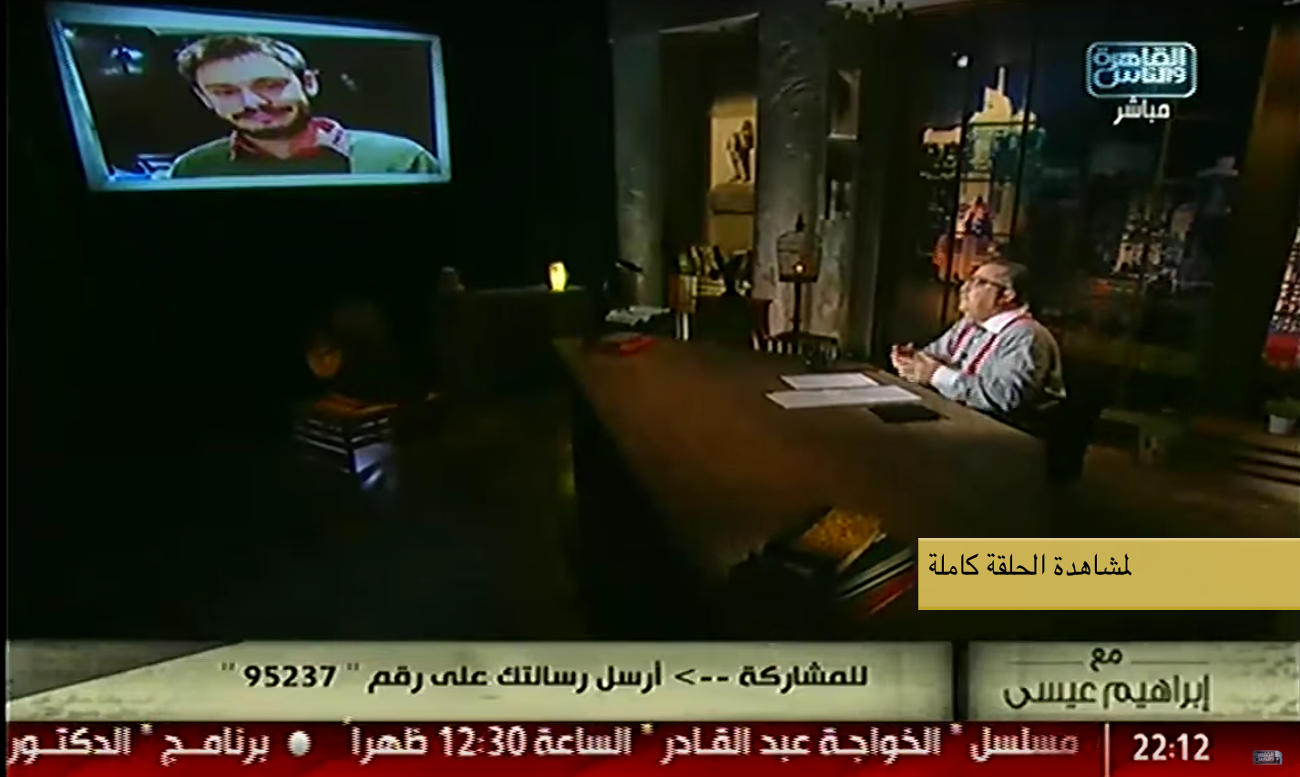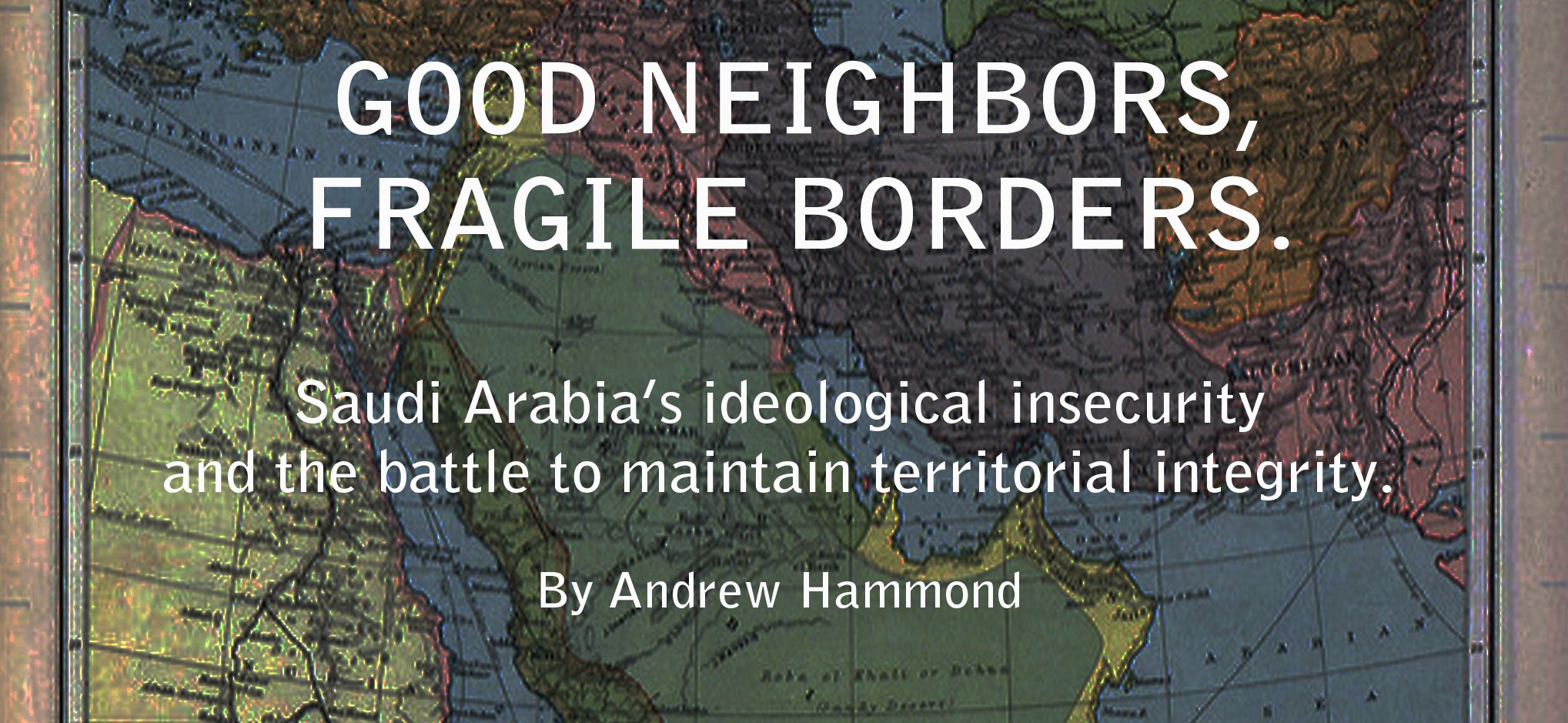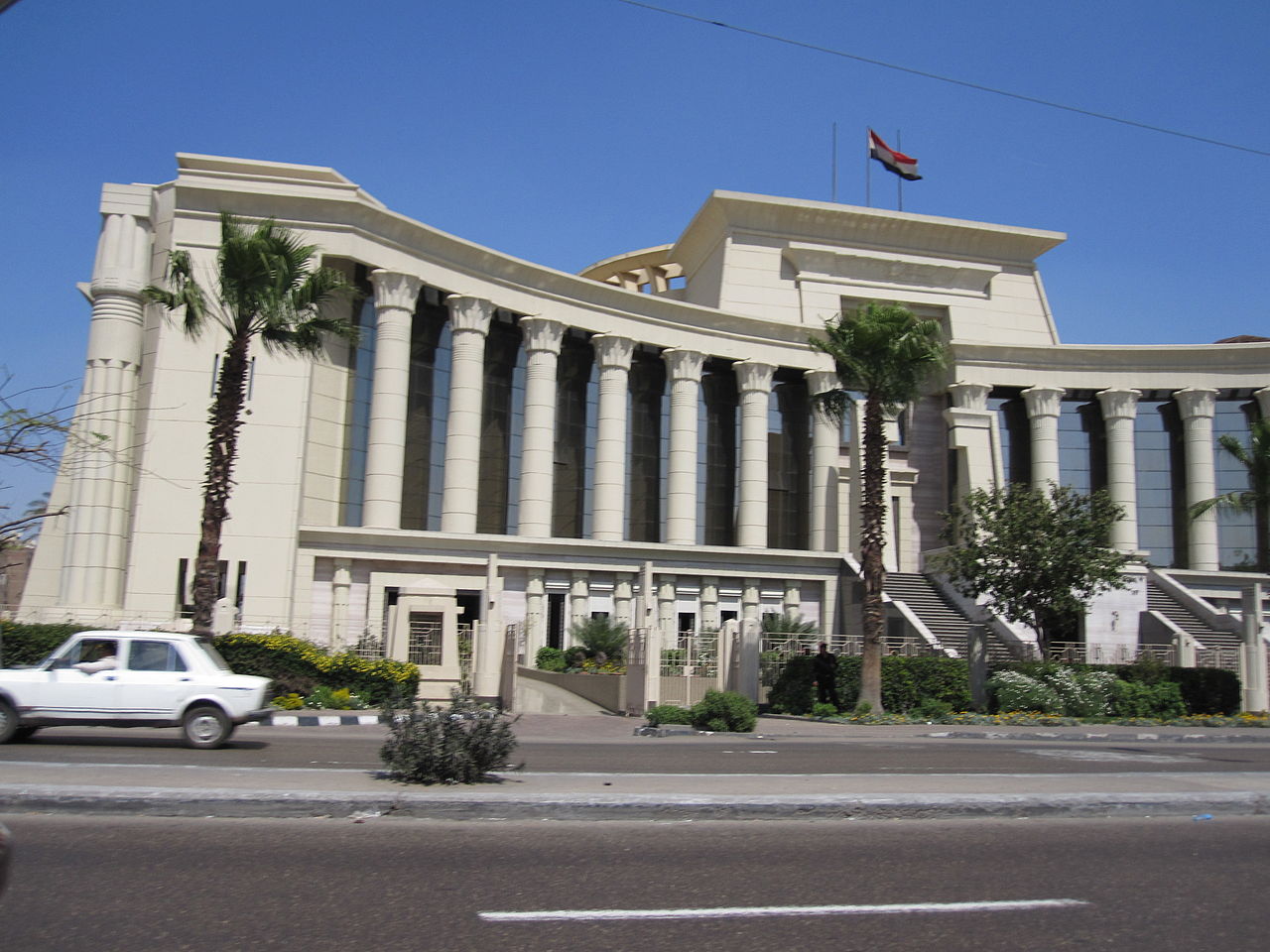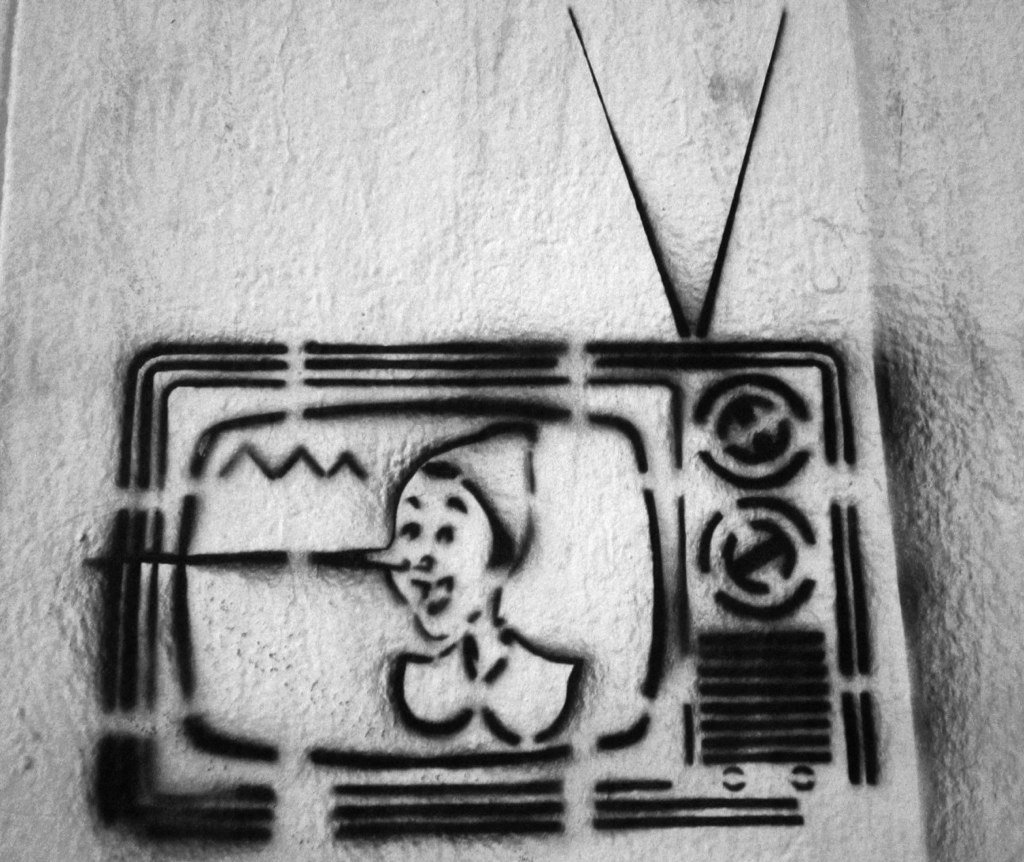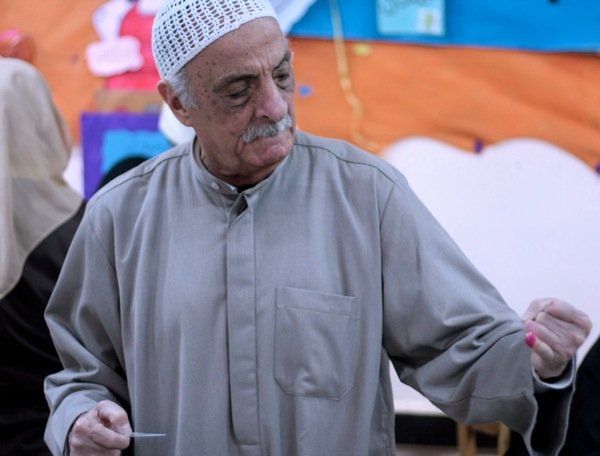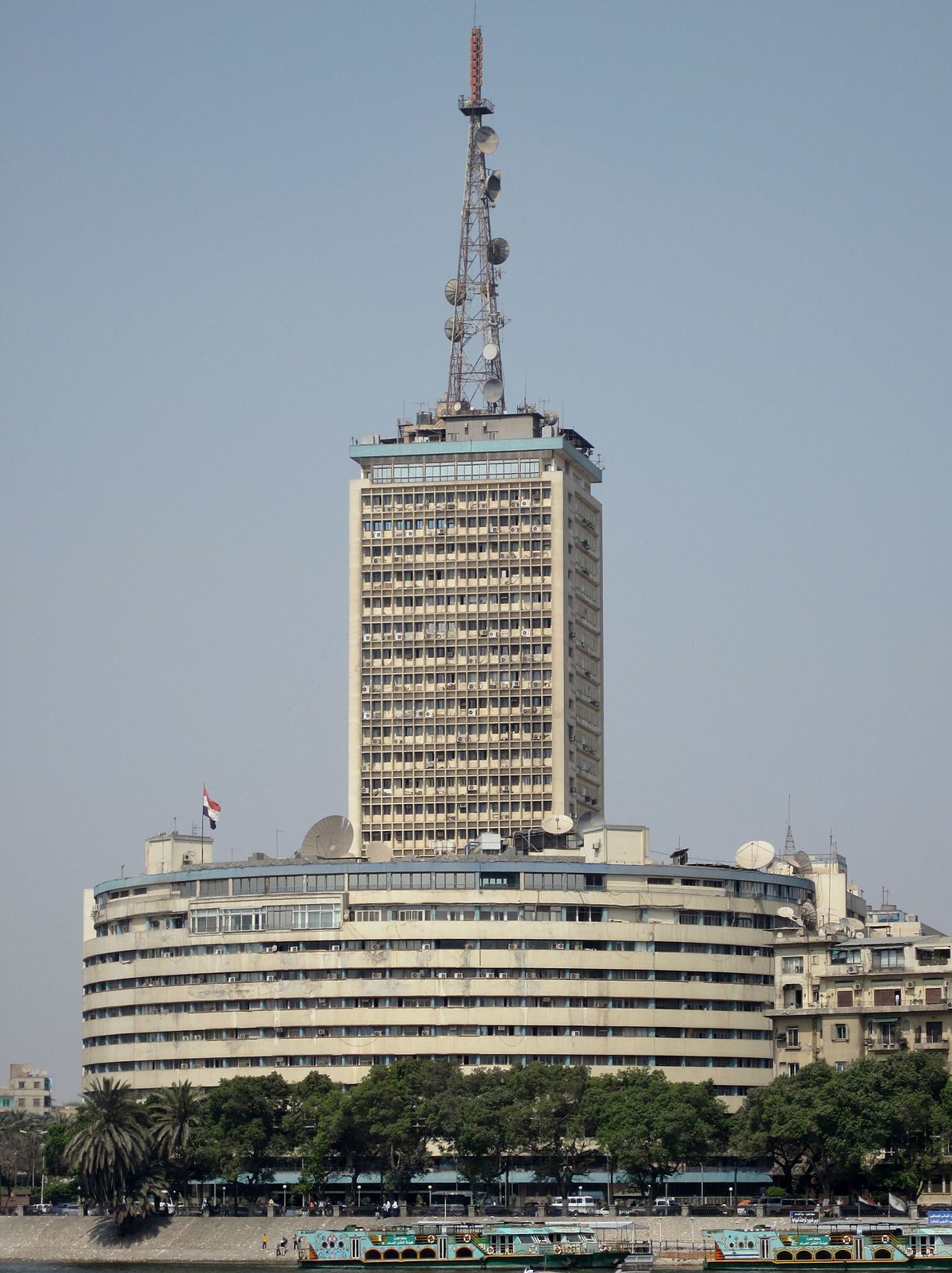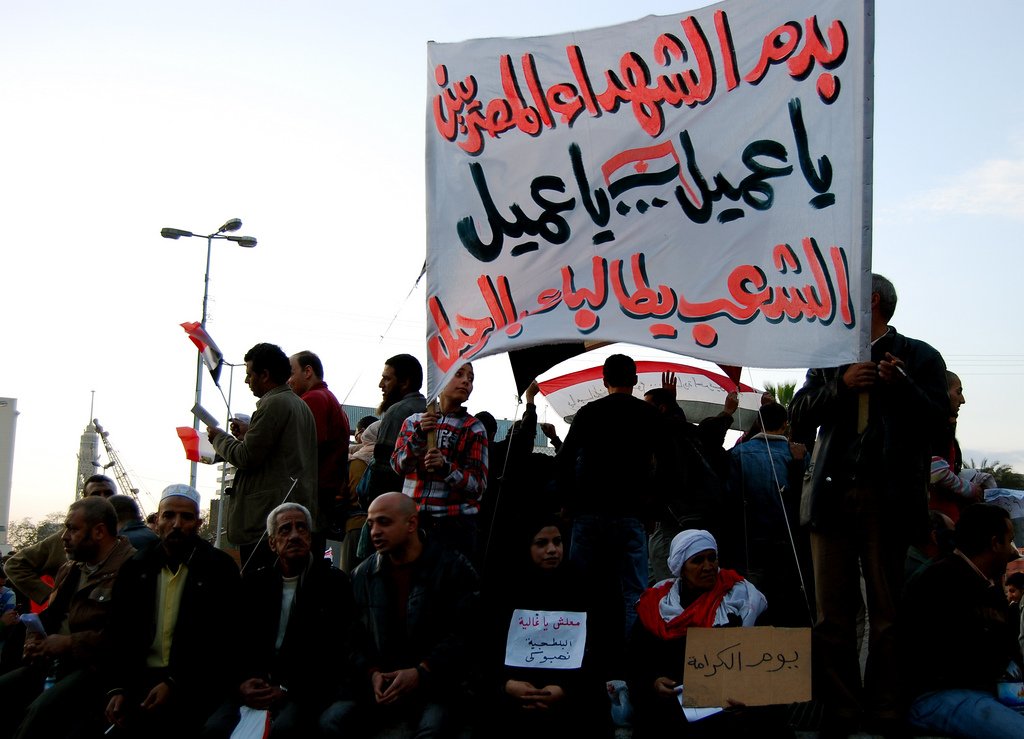In the aftermath of the brutal murder of Giulio Regeni, Egypt’s Ministry of Interior released a statement denying that it had arrested the Italian graduate student on the day he disappeared, ten days before his body was found in a ditch outside of Cairo. The ministry’s denial came after …
Read More »Good Neighbors, Fragile Borders
Protect your borders – one critical lesson of the Syrian war that Saudi Arabia is taking close to heart. The Syrian regime proved lethally effective in the art of crushing internal dissent. Its use of informal militias among multiple agencies of security and military, its Arab nationalist propaganda, the projection …
Read More »What is There to Celebrate?
It was recently announced that Arab “media experts” are planning to “celebrate” Arab Media Day on April 21, 2016. The theme for the first day of what is meant to become an annual tradition is “The role of the [Arab] media in combating terrorism”. The mockery is surely multi-faceted. One …
Read More »How Egyptian Laws Contradict the Universal Principles of Freedom of Media & Press
“I should not hesitate a moment to prefer the latter.” This was Thomas Jefferson’s decisive answer when asked to choose between “a government without newspapers or newspapers without a government.” Throughout the past four centuries, the universal avowal of democracy and the rule of law have dramatically evolved. As a …
Read More »The Counterrevolution Will Be Televised: Propaganda and Egyptian Television since the Revolution
In a short and critical read, Amr Khalifa draws attention to the Egyptian state’s influence on shaping the narratives propagated by national and local media, particularly television. Using initial coverage of the 2011 Revolution as a jumping off point, Khalifa argues that the same mechanisms for controlling the media have been used and reused by successive governments, and reflects on new limitations on freedom of expression, which he argues are more stringent than those seen under Gamal Abdel Nasser.
Read More »Asleep at the Press: Thoreau, the Nuances of Democracy and Egyptian Revolt
Through the lens of Thoreau’s conception of democracy Matthew Crippen investigates the international media’s framing of Mohamed Morsi’s overthrow in the summer of 2013. He questions why much of the Western media and Al Jazeera adopted the uniform narrative that the ouster was a coup and a travesty of democracy, despite its popular support. Without adjudicating whether or not the overthrow was anti-democratic, Crippen posits that the reasoning undergirding the dominant opinion among media pundits that it was remains questionable.
Read More »Mapping Egypt’s Media: State Influence in a Transforming Landscape
President of the Egyptian Radio and Television Institute Gamal El Shaer presents unique insight into the current Egyptian media landscape. Grounded in historical discussion of the evolution of broadcast, print, and digital media in Egypt, El Shaer offers lucid description and analysis of how we have arrived at the current post-Revolution media environment. This article also tackles some of the challenges currently facing the country’s media in terms of the relationship between the state and the media, ownership structures, research, and professionalism.
Read More »The Discourse of Egyptian Slogans: from ‘Long Live Sir’ to ‘Down with the Dictator’
El Mustapha Lahlali investigates the power of political slogans in Egypt. By revisiting the discourse of early 2011 and surgically analyzing the linguistic content of a wide array of slogans, Lahlali offers new insight into the political, social and religious undercurrents that reverberated through the country during this time. Lahlali points to a period characterized by the democratization of discourse, which he argues, disappeared as rapidly as it emerged.
Read More »Whose Reality is Real? Ethical Reality TV Trend Offers ‘Culturally Authentic’ Alternative to Western Formats
Islamists have been some of the most ardent foes of reality programs on Arab television, forcing MBC’s Al Ra’is (Big Brother) off the air and staging protests or boycotts against LBC’s Star Academy and Al Wadi (The Farm). But now it seems at least some Islamists have decided to adopt a different approach: If you can’t …
Read More »In Defence of National Television: A Personal Account of Eclectic Lebanese Media Affinities
Anyone who visits Lebanon will be struck by the excessive Lebanese use of space: Urbanisation literally is filling the space perpendicularly, up into the skies and the mountain ranges, and horizontally, as sprawling resorts or “developments” eat up huge chunks of the coast in Beirut and Doura, where two dumps …
Read More » Arab Media & Society The Arab Media Hub
Arab Media & Society The Arab Media Hub
